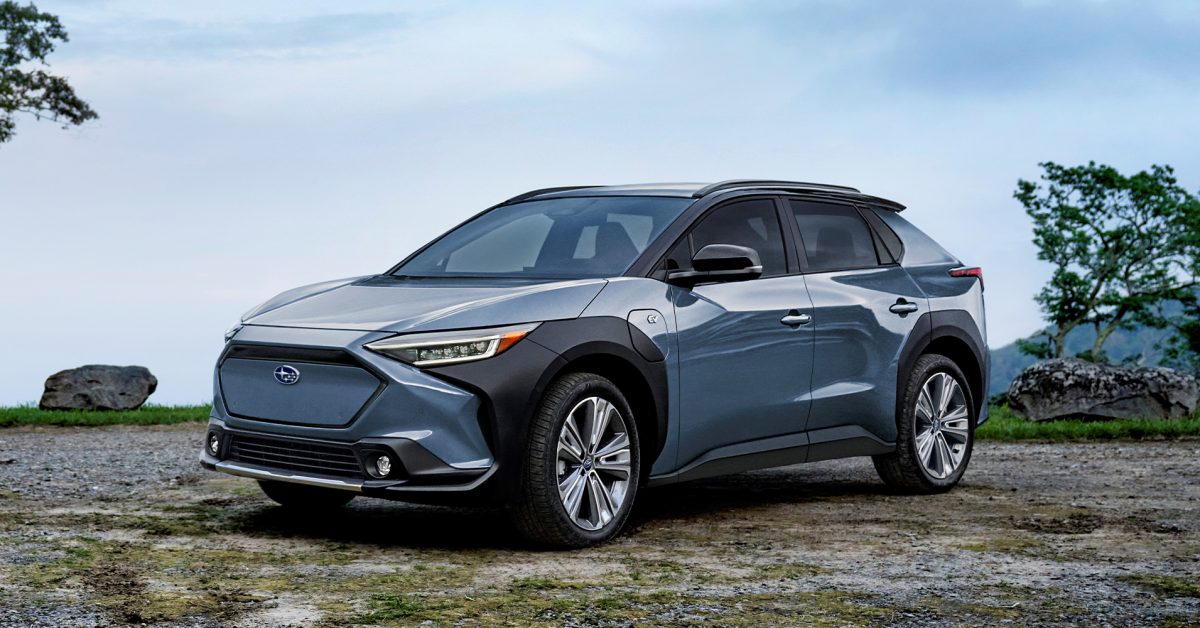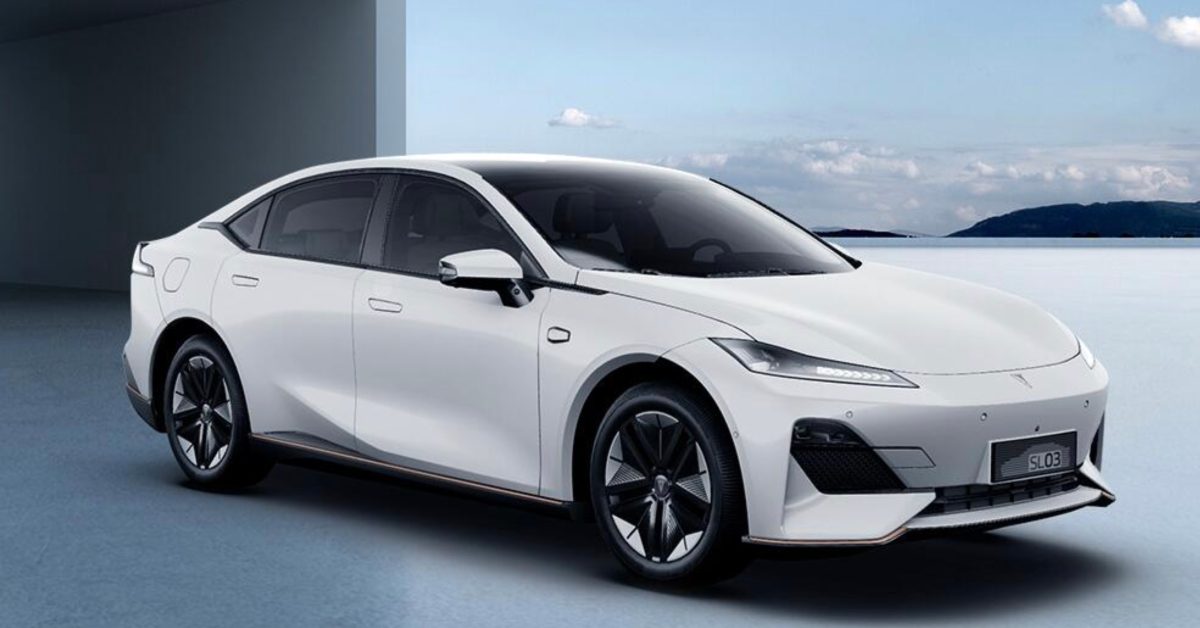I've said this years before, but I still believe it - the legacy Japanese car companies are completely unprepared for the EV future because they are highly engineering driven companies that are in love with refining their existing technologies and making them very reliable. They are loathe to walk away from combustion engines because they are very good at engineering and producing them. Those engines (and other associated pieces of the drivetrain) are very reliable. The interrelationship of all the parts suppliers to the vehicle OEMs is also problematic - the OEMs would have a hard time just walking away from their suppliers and seeing many of them go bankrupt because they have ownership stakes in them and/or it is culturally not ok for them to do that anyways.
Couple that with the fact that employees are loathe to change companies and employers are loathe to lay off employees, along with a cultural preference for employees to work for an established company and you get an industry that becomes very inbred, resistant to big changes and not challenged by startups, at least in their home countries. Japanese companies are also not great at taking advice or input about market dynamics from their overseas subsidiaries - "father knows best" is basically how it goes (yes, there are exceptions, of course).
Like him and/or Tesla or not, Elon Musk did the US automakers a huge favor by disrupting business as usual and forcing US automakers (and then Europeans) to recognize the coming market shift. To me, it looks like Ford and GM will make the transition to BEVs. Likely Stellantis will not (my opinion). I'm in an industry that sells to the power conversion industry and at a recent technical conference/exposition focusing on drives and power electronics in Detroit, GM was very well represented with technologies, people, space, actual vehicles and technologies ready for market, Ford had about half the presence GM had, and Stellantis had a 10'x10' booth with no furnishings and the standard black and white booth sign you get for free and a pathetic truck frame showing some prototype for a hybrid EV/gas drive train -
and they were trying to recruit engineering talent! Anyone who is not as far as GM is right now , or close to it, with designs, production plans, plants, people, labs, etc. is not going to make the transition to the BEV future, or if they do, they will be a lesser company than they were before. I'm in a technology industry, and you can't afford to miss a technology shift and expect to be the same company you were before. The auto industry is making the shift to something known and predictable into a higher technology industry, and Toyota is dragging their feet on making this change.
This link highlights a good example of the problem facing Toyota and Honda (and Nissan too, since I consider them the Chrysler of Japan, despite their earlier, but relatively lousy, foray into BEVs, given all the battery management issues with the Leaf)
https://electrek.co/2022/11/30/drivers-are-ditching-toyota-honda-gas-cars-for-electric-vehicles/
Yeah, there will be Toyota and Honda fan-boys and fan-girls who will wait until whenever for those companies to get their BEV lineup designed, but there will be plenty who won't wait, and the trickle that started a year ago is going to start turning into a torrent. The trend is probably masked a bit by supply chain issues and the economy, but when market share and sentiment turns against Toyota and Honda it will turn quickly. I may be wrong, but I think Toyota's market also skews older, so they have a Cadillac-type problem where they are not only going to lose market share due to poor product choices but also due to declining (for them) addressable market. I honestly don't know very many 20-40 year-old people that I work with who are very excited by anything made by Toyota or Honda.
Will Toyota and Honda survive? Sure, probably. They won't be the same. It took a long time (30+ years?) for GM to go from 50% US market share to where they are today - gross mismanagement and poor quality over many years and not building the vehicles people wanted were all contributors. Hey Toyota, thanks for the Prius, now move on and get going on BEVs - the Prius is a pretty friggin' boring unexceptional driving experience compared to any BEV. I expect that Toyota's market share will start slipping a quarter percent a year and just keep slipping for many, many years.
Honda will become the small car/car production facility for GM's BEV drivetrains (they are licensing them, from what I recall), as GM seems to have no interest in building anything that weighs less than 5000 pounds and isn't called a truck or an SUV, and frankly, their marketing department seems to have no understanding how to market smaller vehicles anyways.
I predict that Nissan will be a footnote, maybe Mitsubishi, Subaru, Nissan, and all the European companies Nissan is associated with make a go of it together. Don't know - but for the US market if all those companies basically went away I don't think they would be missed much in ten years. Even Subaru's niche of AWD isn't such a big deal anymore (though I do think they do AWD better than most, and Subaru would certainly be missed more than most).
Hyundai seems to get it - they likely occupy the spot that Toyota and Honda have today in the US, and China companies probably enter the market as the low-cost supplier (as Hyundai and Kia were 30 or so years ago).
Just my two cents.





